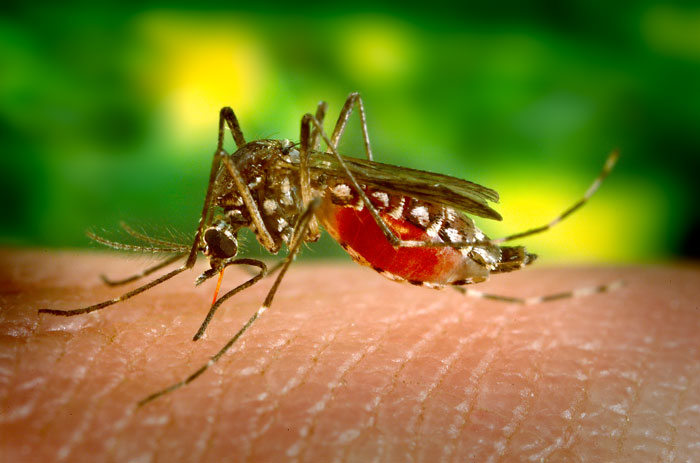All of us have experienced the annoying sensation of a mosquito bite — or several bites, in many cases. You’re out enjoying the sunshine, when you feel the subtle prick and then you can’t stop itching. Mosquitoes make it hard to enjoy the sunshine and freedom of summer.
Beyond annoying bites, mosquitoes can also infect those they bite with sometimes fatal diseases. Malaria, yellow fever, encephalitis, dengue, and the West Nile virus are just a few. Mosquitoes are estimated to kill more than one million people each year, according to Oxitec and the World Health Organization. Bill Gates stated in 2014 in an article he wrote that the mosquito is the most deadly animal. He said that the worst disease that mosquitoes carry and transmit to humans is “malaria, which kills more than 600,000 people every year,” and that “another 200 million cases incapacitate people for days at a time. It threatens half of the world’s population and causes billions of dollars in lost productivity annually.”
Several products can prevent getting bit by mosquitoes, but several of them fail because mosquitoes are growing immune to these products. Freshman Katy LaPradd believes that “some brands [of mosquito repellent] do not work at all.” She also said that having your lawn sprayed does not work to prevent mosquitoes, according to her experiences.
However, a British company called Oxitec, “a pioneer in controlling insects that spread disease and damage crops,” has found a more stable way to lessen the number of mosquito bites people get, according to information on the company’s website. They have found a way to genetically modify mosquitoes to limit the next generation.
This is how it works: Oxitec releases genetically modified male mosquitoes into the wild. Male mosquitoes do not bite, only the females do, so no one would be bitten by the modified mosquito. The males then mate with wild female mosquitoes, which cannot tell the difference between wild males and modified males. Every offspring from the genetically modified male mosquito inherits the modified gene, which kills the offspring as a larva, thus downsizing the mosquito population. This means that none of the modified mosquitoes live past the larva stage — they can’t reproduce and they can’t bite.
Oxitec has released these mosquitoes in Brazil and plans to release the modified mosquitoes in the Florida Keys this year. “The Oxitec mosquito has already been through multiple trials in different countries and in every case this approach has cut the pest mosquito population by at least 90%. It has now been approved for commercial use in Brazil by their National Biosafety Committee (CTNBio),” Oxitec said
Oxitec is working with the Florida Keys Mosquito Control District (FKMCD) as a pilot to control the populations of the aedes aegypti mosquitoes, which are a non-native species in the USA. “They are more than just a nuisance as they can spread serious diseases such as dengue fever and chikungunya,” Oxitec said.
While these diseases are currently not an active health threat in the Florida Keys, FKMCD is taking steps to ensure these mosquitos stay under control. Oxitec said “they are looking for helpful ways to keep mosquito populations down to an acceptable level and the Oxitec technology is a new tool in the fight against mosquitoes.”
Mrs. Elissa Gong, a biology teacher at LHS, added, “I think it would be a good idea to have them on a small, enclosed scale, like how people raise bees, for a while, during which time, the public could see them and would have time to become educated on the subject. This is a different, but perhaps better method. More information should be collected first and people should be made aware of the pros and cons.”














![For the final piece, a combination of Symphony Orchestra and Wind Ensemble played an extravagant song by Paul Hindemist. Flute soloist Dakota Olson had her moment highlighted within this song. “[My solo] was definitely challenging but it was fun too,” Olson said.](https://www.lhsdoi.com/wp-content/uploads/2024/03/amy-and-joey-shot-1200x800.jpg)



